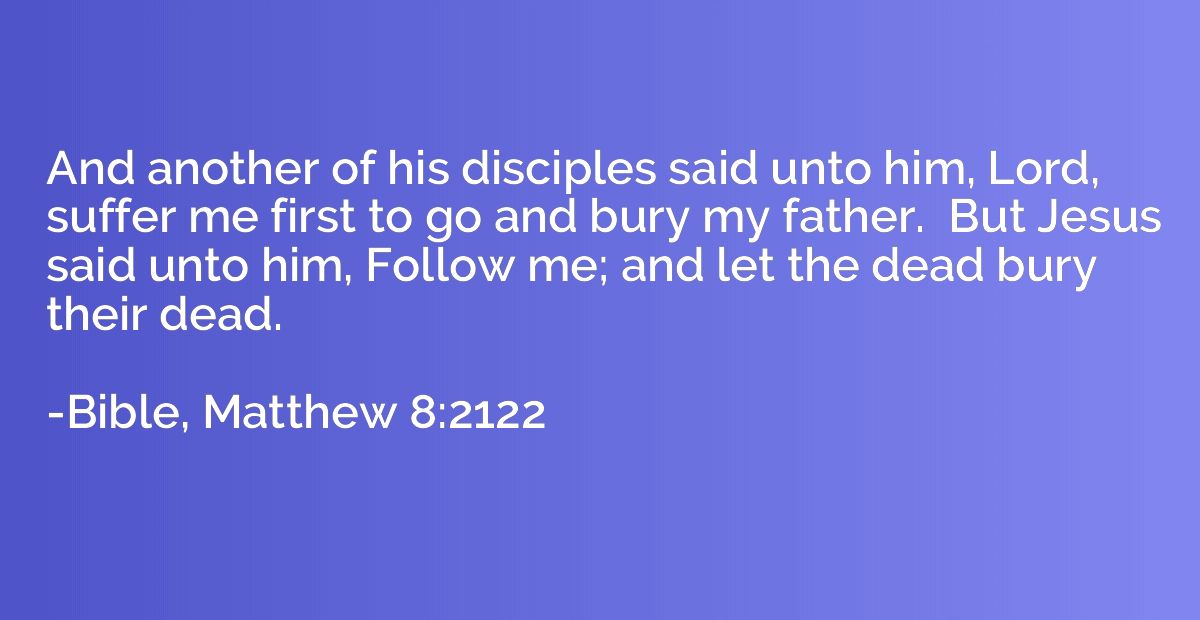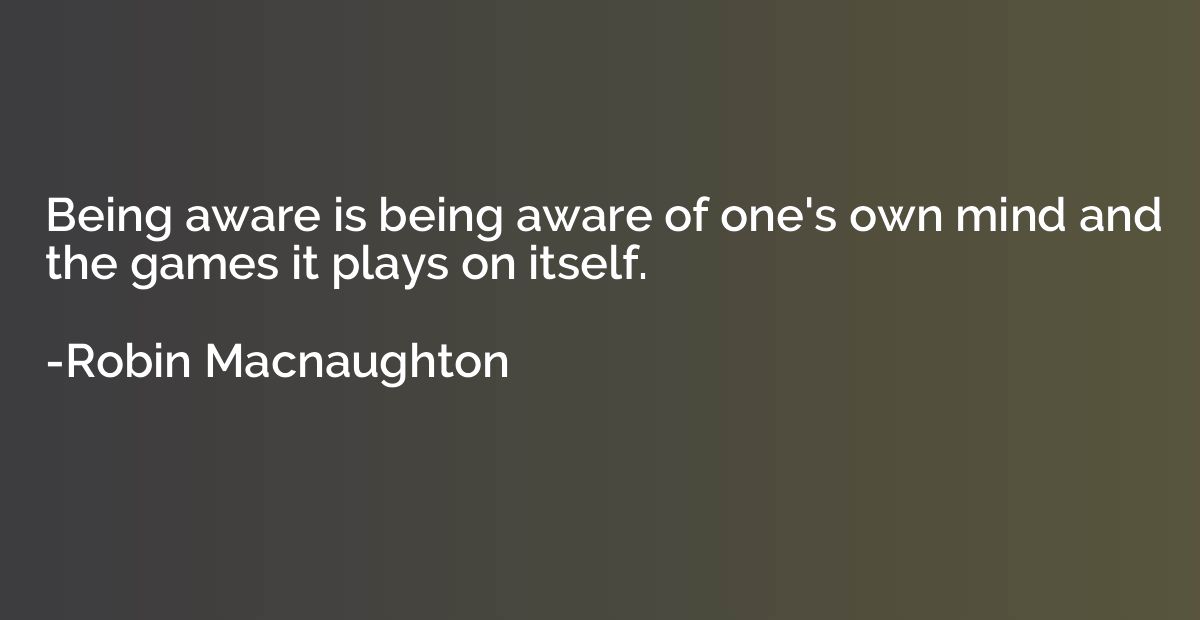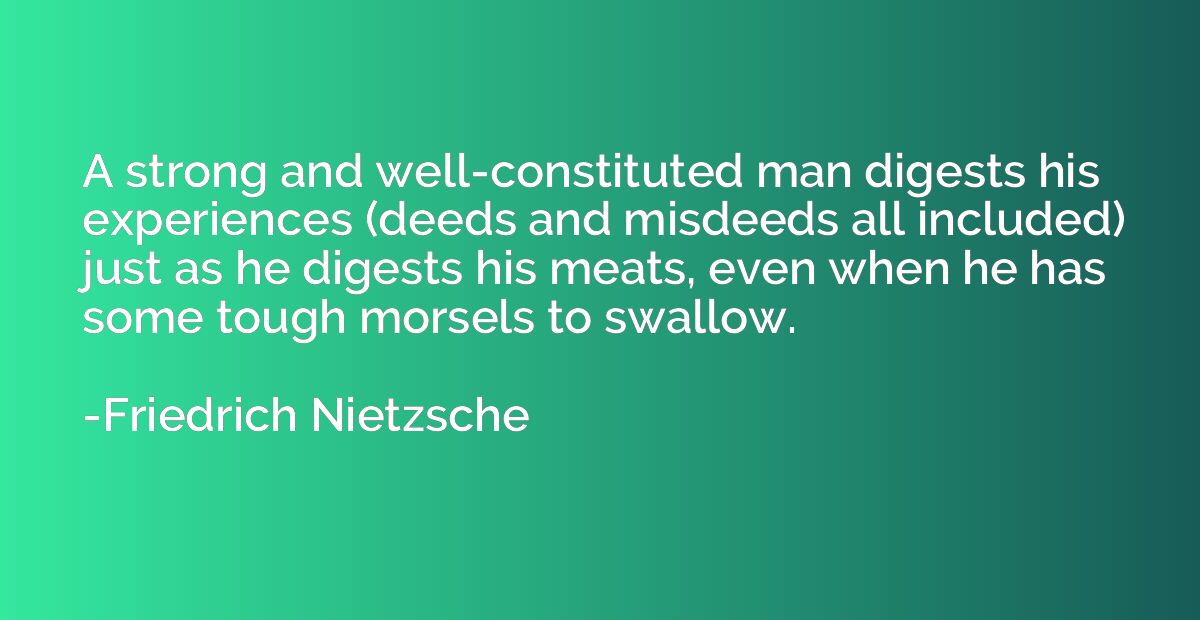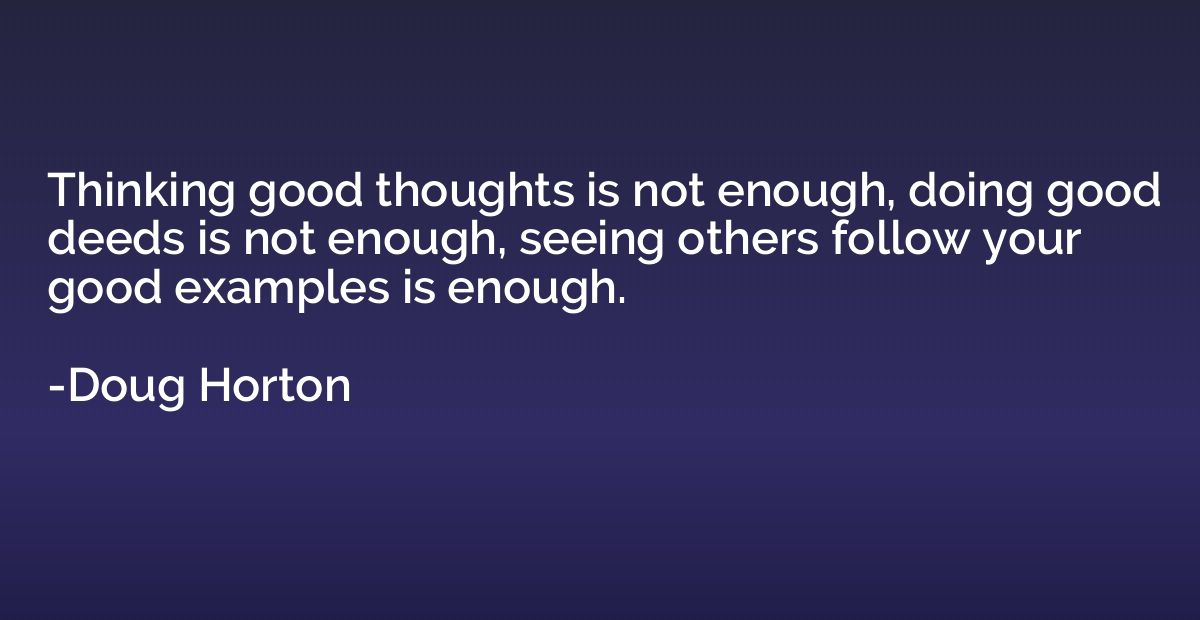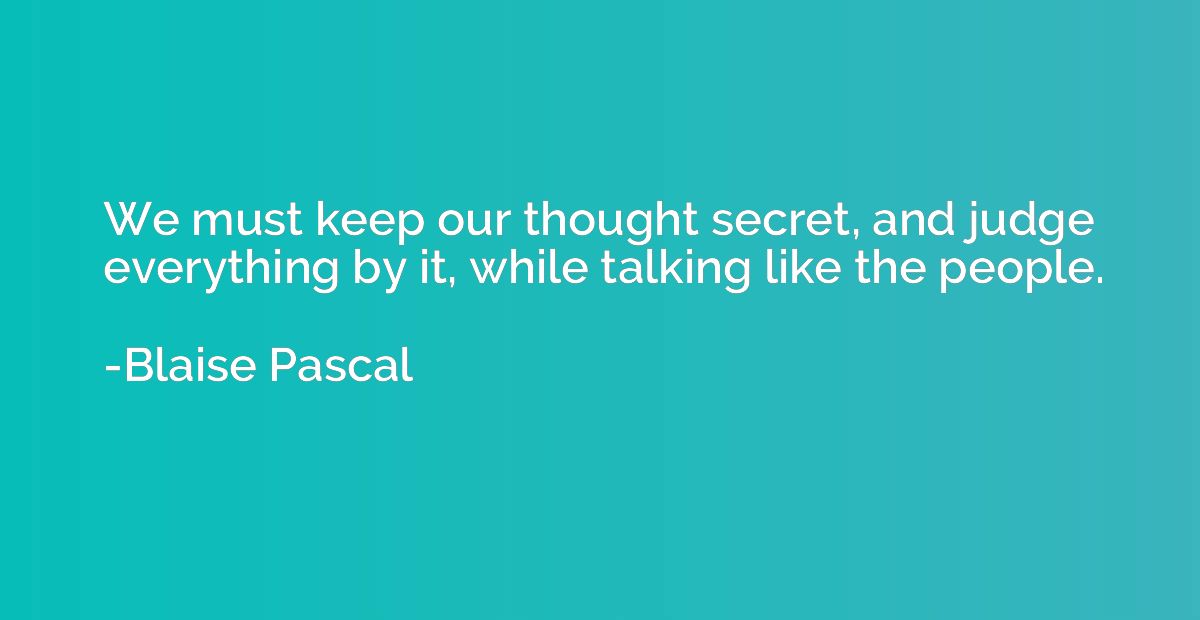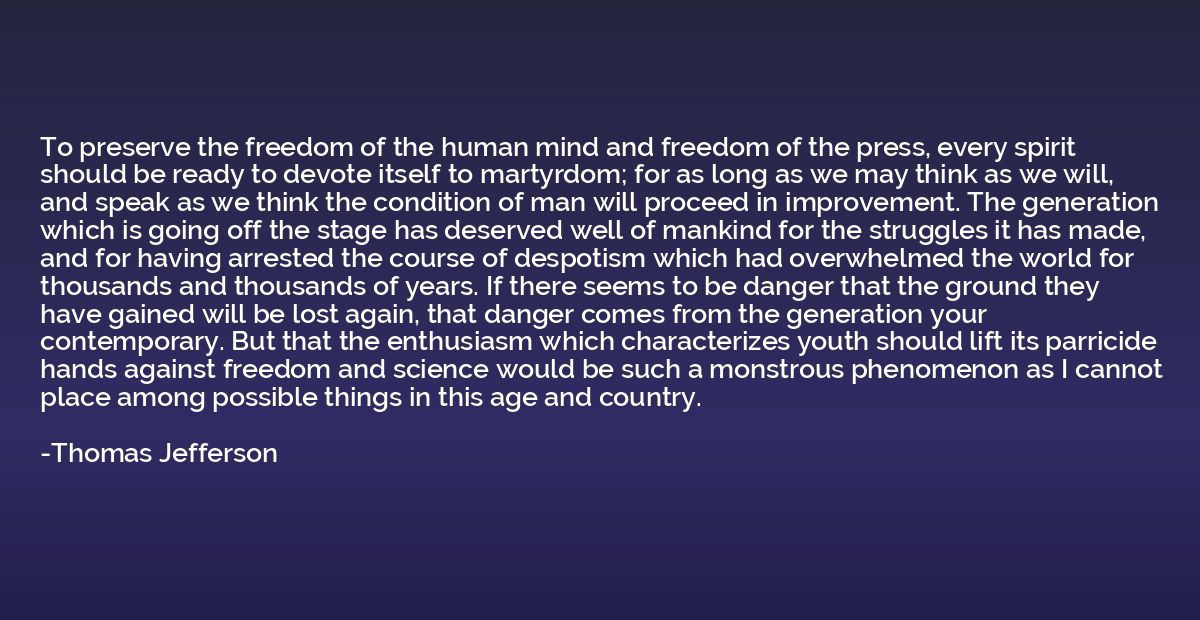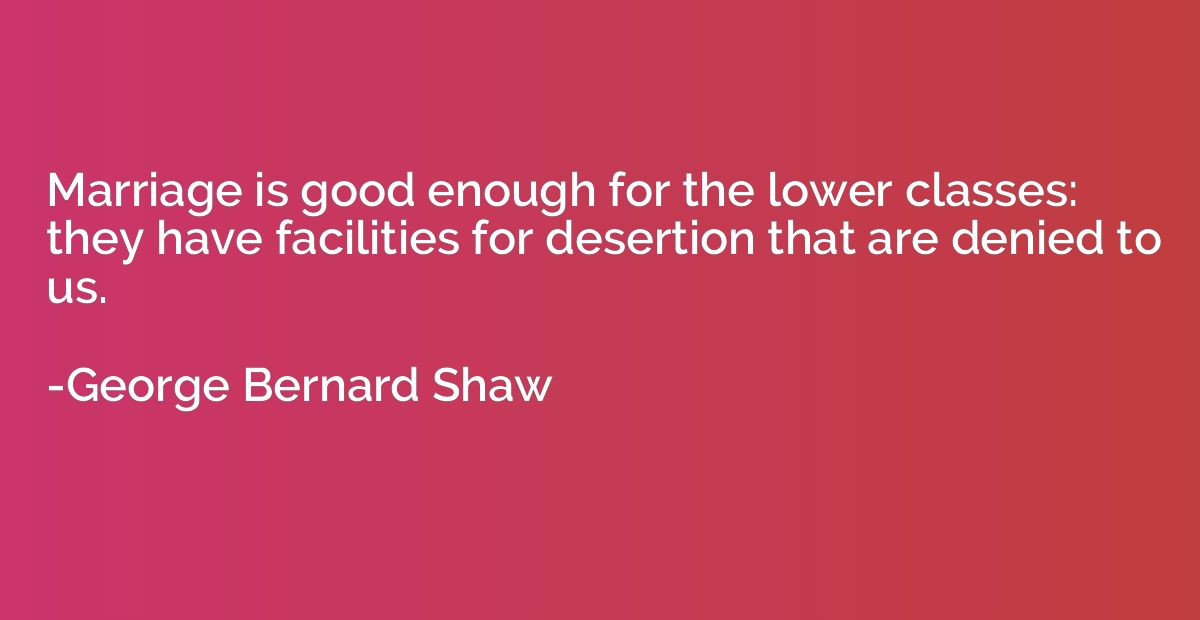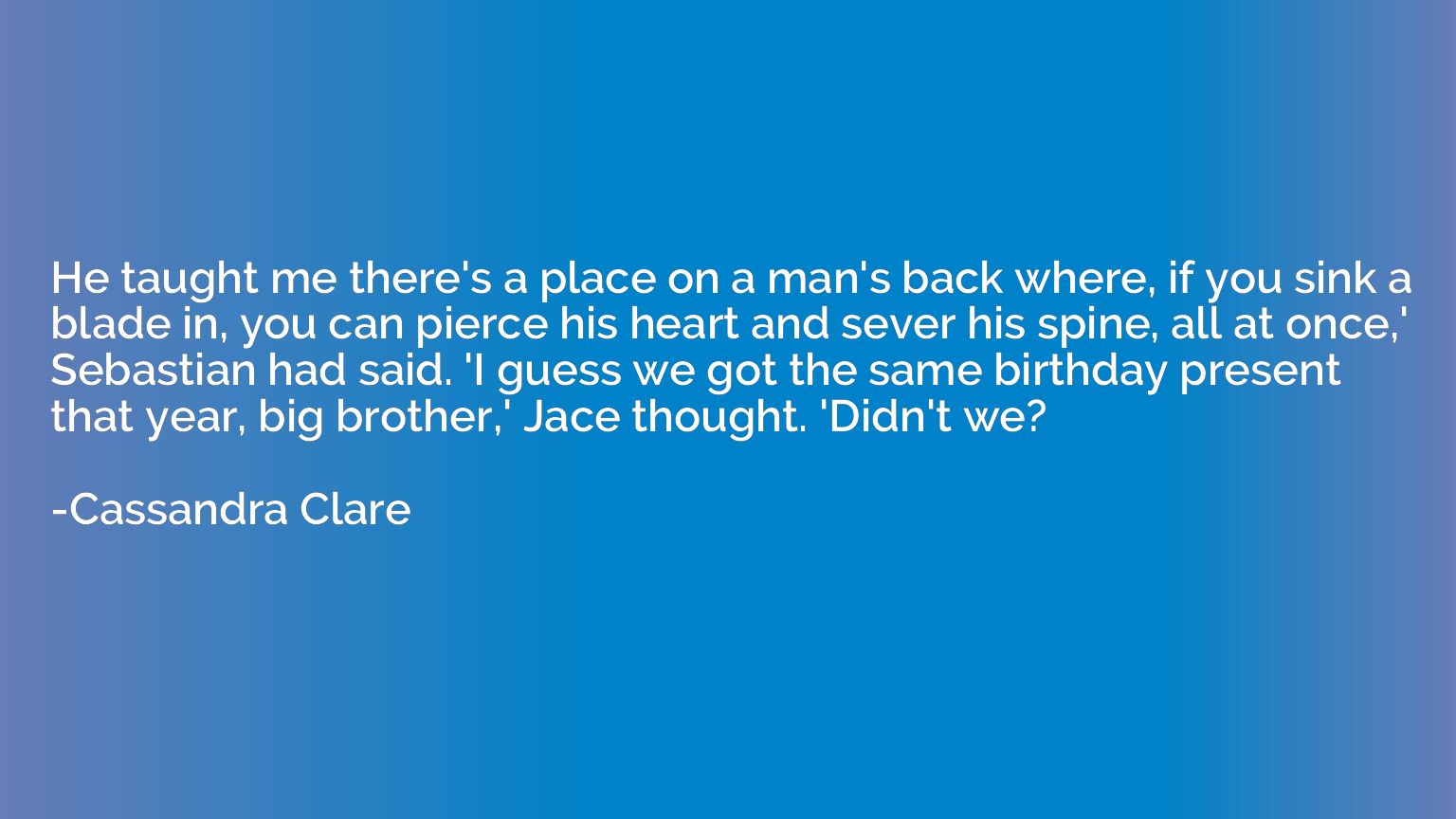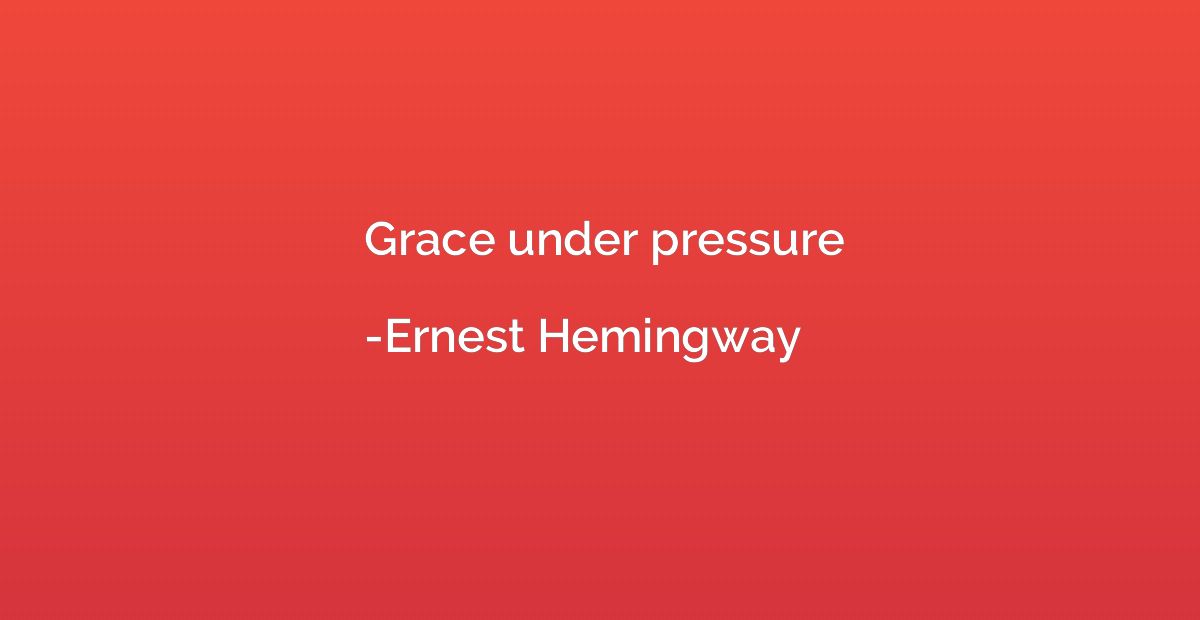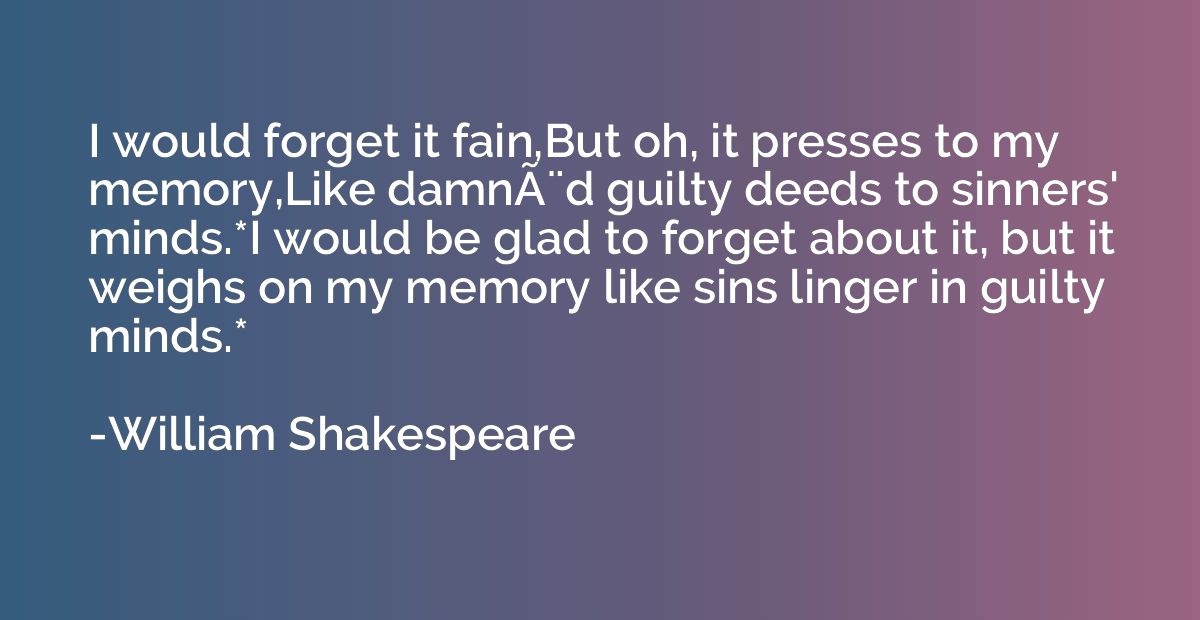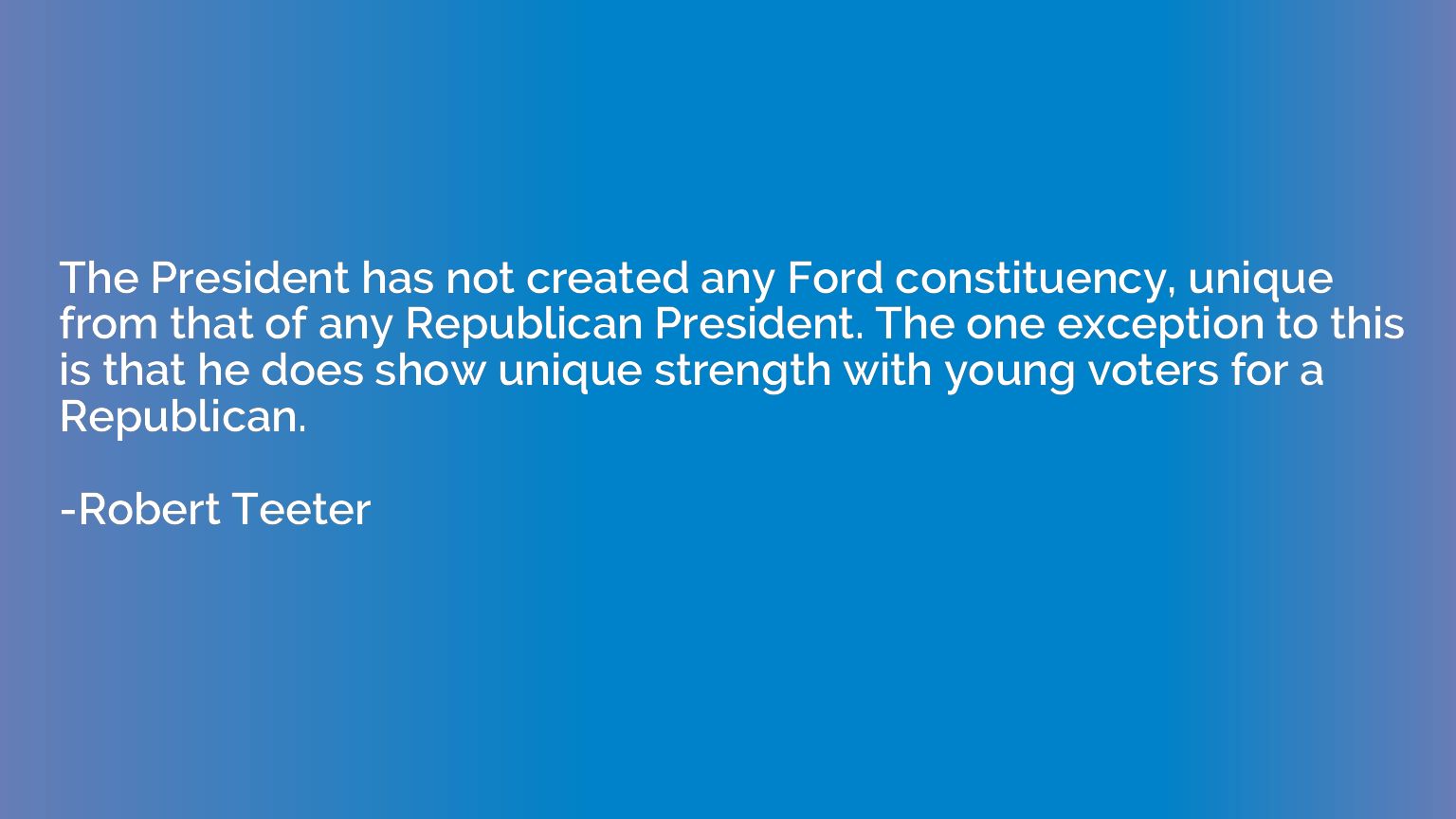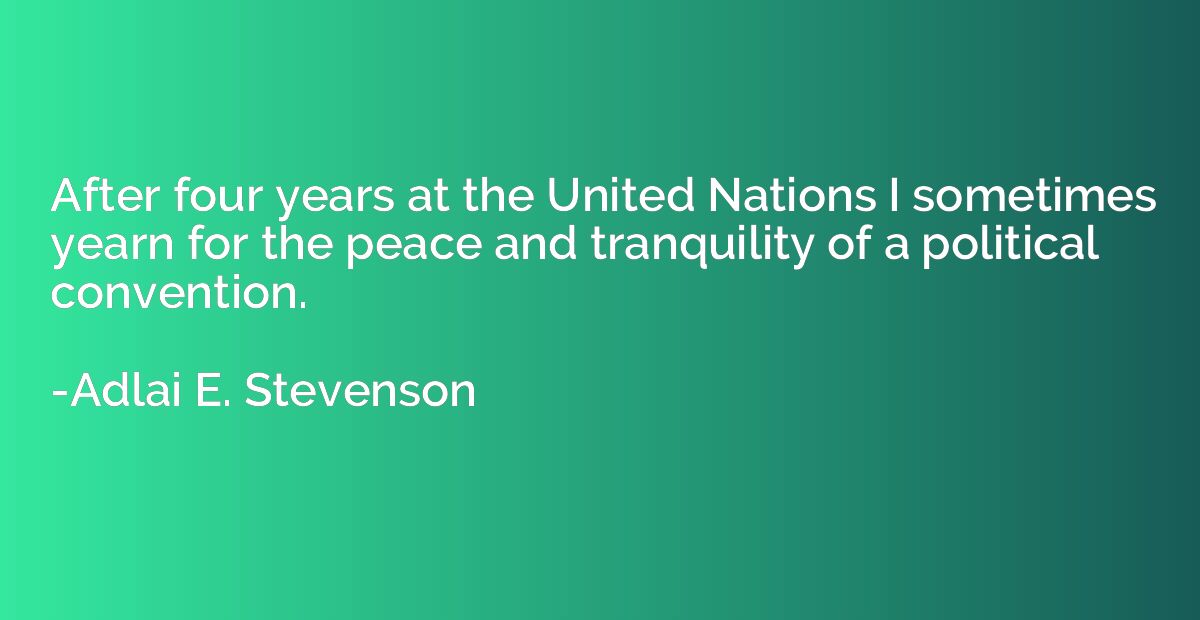Quote by Orison Swett Marden
The waste of life occasioned by trying to do too many things at once is appalling.
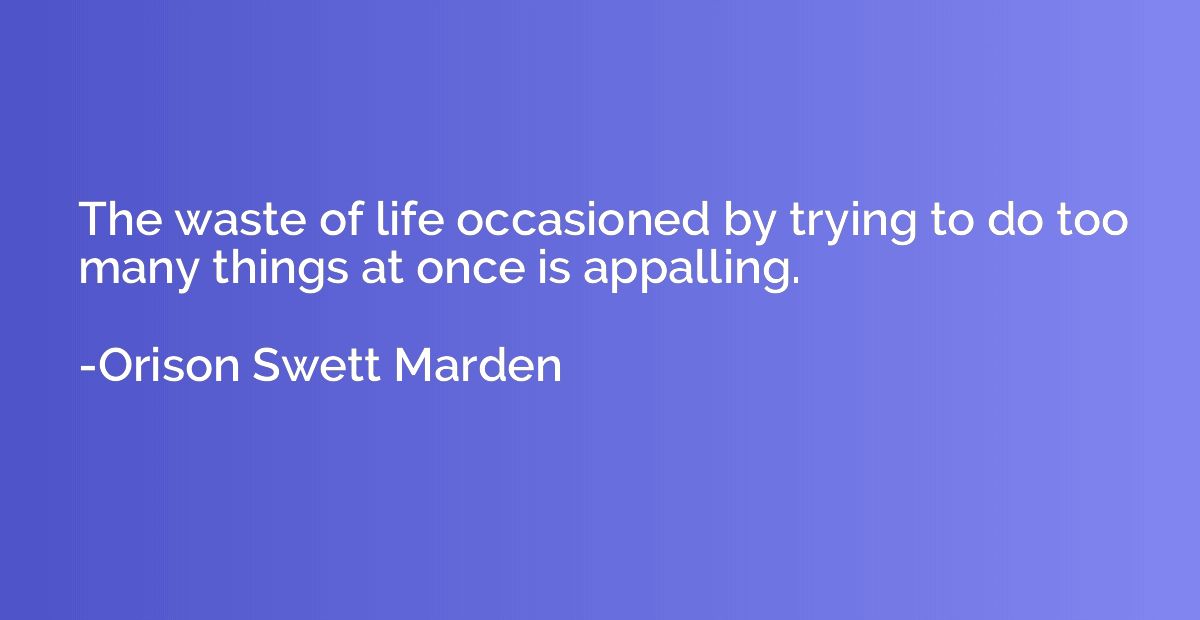
Summary
This quote highlights the detrimental impact of multitasking and emphasizes the negative consequences it can have on our lives. By attempting to juggle multiple tasks simultaneously, we often end up wasting precious time and energy without accomplishing anything substantial. This could result in feelings of frustration, overwhelm, and a lack of focus. The quote serves as a reminder to prioritize effectively, focusing on quality over quantity and avoiding the wastefulness that can come from trying to do too many things at once.



